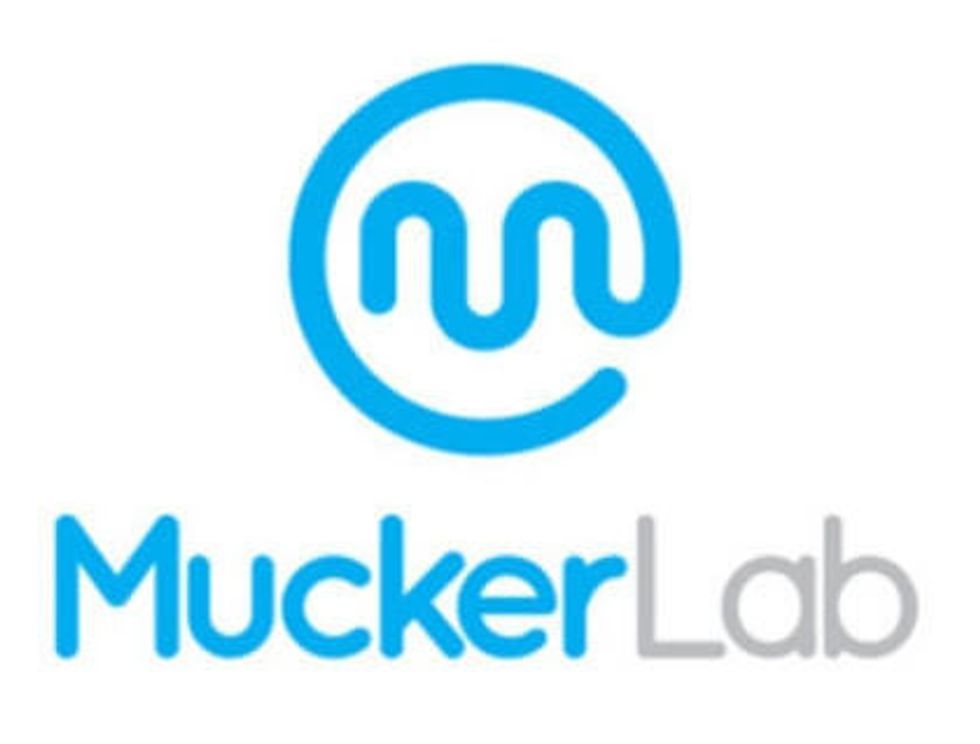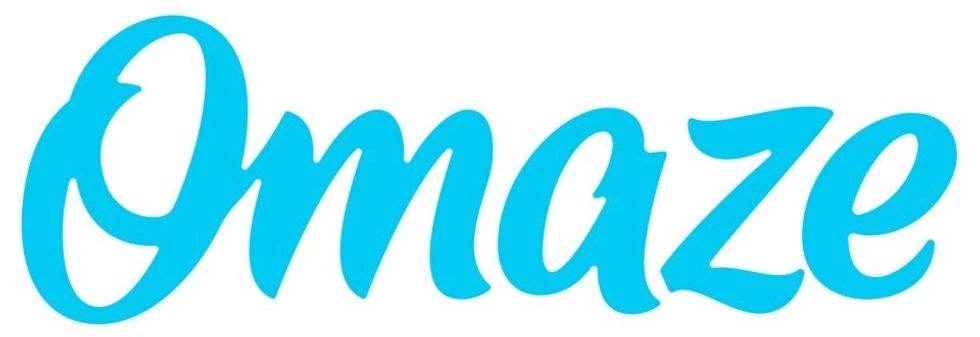LA Tech Updates: MuckerLab Looking for Startups, Omaze Raises $30M
Francesca Billington is a freelance reporter. Prior to that, she was a general assignment reporter for dot.LA and has also reported for KCRW, the Santa Monica Daily Press and local publications in New Jersey. She graduated from Princeton in 2019 with a degree in anthropology.

Here are the latest updates on news affecting Los Angeles' startup and tech communities. Sign up for our newsletter and follow dot.LA on Twitter for more.
Today:
- Omaze Raised $30M to Expand its Celebrity-Driven Charity Fundraising Platform
- MuckerLab Accelerator Application is Live
MuckerLab Accelerator Application is Live

Santa Monica's Mucker Capital, which focuses on investing in high-growth startups based outside of Silicon Valley, is looking for startups to join its MuckerLab accelerator.
The program partners with 12 to 15 companies each year, working one-on-one with founders on a weekly basis providing hands-on support. Mucker invests between $100k to $200k with follow-on capital available. Founders do not have to be in Los Angeles and can work remotely.
Since its inception a decade ago, MuckerLab portfolio companies have gone on to raise more than $5 billion in outside funding since graduating. Standouts include Honey (raised $39M and later acquired by PayPal for $4B), ServiceTitan (raised a total $400M to date), and Emailage (raised $15M and later acquired by LexisNexis for $500M).
Applications are reviewed year-round, but the next set of applications is due September 25 and applicants are encouraged to apply early.
Omaze Sells Celebrity Meet-and-Greets for Charity. It Raised $30M
 Omaze Logo
Omaze LogoOmaze, the online platform selling celebrity meet-and-greets, trips and prizes for charity, closed a $30 million Series B round by FirstMark Capital.
Founded in 2012, Omaze allows users to enter to win experiences with celebrities like Michelle Obama and Oprah, and prizes like a custom tiny home or a Lamborghini blessed and signed by Pope Francis.
The Culver City-based company works with the Charities Aid Foundation America to distribute funds and says it's raised over $130 million for over 350 charities. In two years, the company says, it has grown its revenue by 500%.
"We're grateful to close this round during a challenging year and fundraising environment," co-founder and CEO Matt Pohlson said in announcing the news Thursday. "These funds come at a critical inflection point for the company."
The raise follows a $12 million Series A round in 2018. With the funding, Omaze will continue to invest and scale its home and car categories. It'll also accelerate plans to expand internationally, beginning in Western Europe and Asia.
The announcement also includes two new board members, Celtics lead owner and co-founder of Causeway Media Partners Wyc Grousbeck and Penni Thow, former executive VP at SB Projects and the founder and CEO of Copper.
Additional investors of the funding round include Causeway Media Partners, BDMI, Tusk Ventures, Inherent Group, Gaingels, Penni Thow's Copper and talent manager Guy Oseary.
Francesca Billington is a freelance reporter. Prior to that, she was a general assignment reporter for dot.LA and has also reported for KCRW, the Santa Monica Daily Press and local publications in New Jersey. She graduated from Princeton in 2019 with a degree in anthropology.
Ben Bergman is the newsroom's senior finance reporter. Previously he was a senior business reporter and host at KPCC, a senior producer at Gimlet Media, a producer at NPR's Morning Edition, and produced two investigative documentaries for KCET. He has been a frequent on-air contributor to business coverage on NPR and Marketplace and has written for The New York Times and Columbia Journalism Review. Ben was a 2017-2018 Knight-Bagehot Fellow in Economic and Business Journalism at Columbia Business School. In his free time, he enjoys skiing, playing poker, and cheering on The Seattle Seahawks.



 Image Source: Revel
Image Source: Revel
